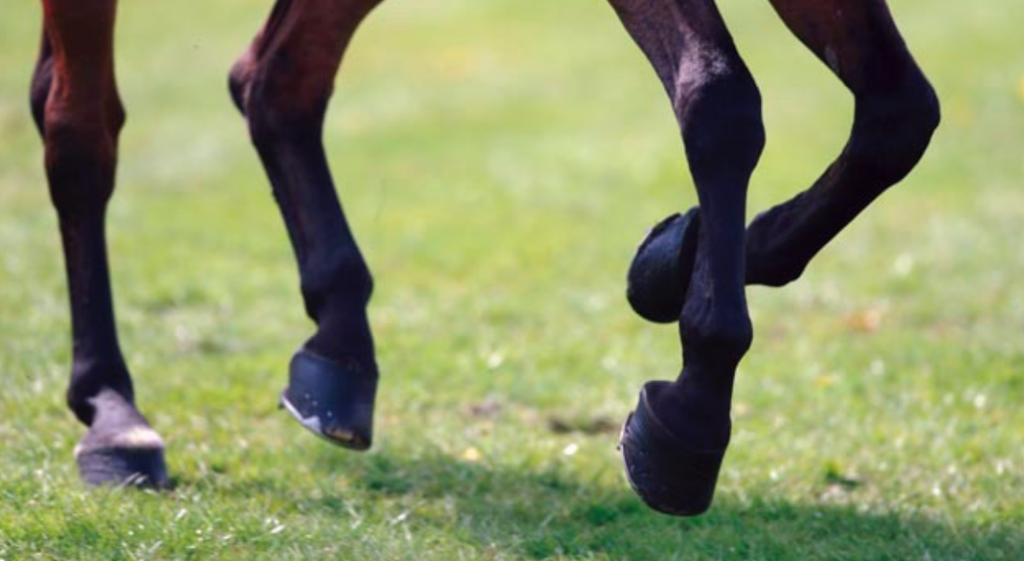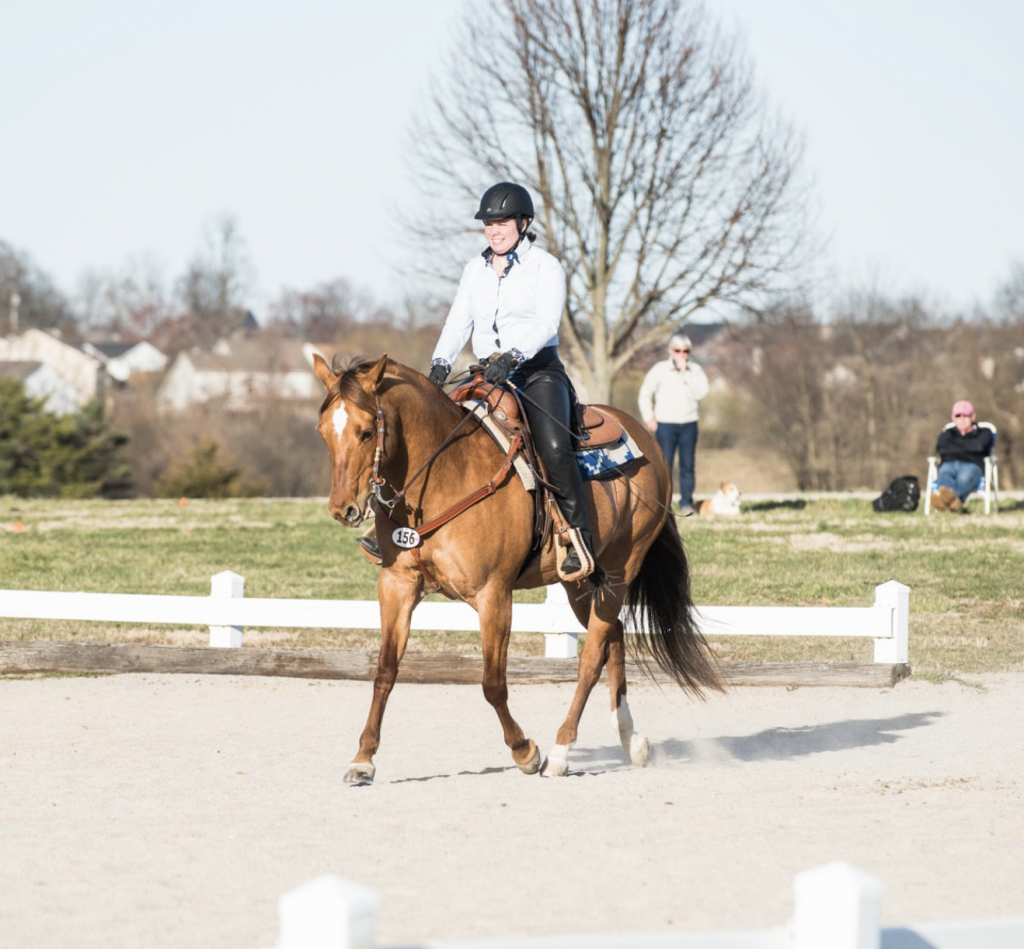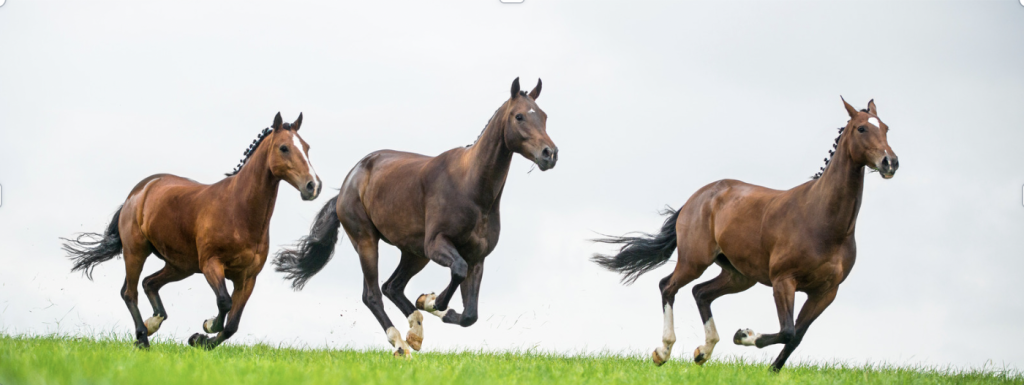By: Dr. Steve Allday
Joint care is almost always an afterthought when considering preventative maintenance of our equine partner. Of course when purchasing your horse you consult with a veterinarian for a purchase exam and other diagnostic tools such as radiographs, ultrasound and in many cases an exam via endoscope of the airway if endurance and stamina events are the activity that your horse will be intended.
The joints of your horse are in a state of dynamic change from the first day that you acquire your horse to the last day you use them for their intended purpose. The complexities of joints from the coffins and navicular bursts in encased hoof capsule of your horse to the joints between the vertebrae of it’s neck. So joint care encompasses a large variety of locations throughout your horses body.

Preventative care is more important than any single factor as far as joint care is concerned. When you take into consideration the numerous factors that influence your horses likelihood to maintain soundness. These factors are everything from conformation to environment such as the surface, activity and composition of that surface.
What can you do? If you walk into any tack or feed store you will notice a section that offers an absolute plethora of supplements than you can choose for your equine athlete. You certainly cannot use them all because there wouldn’t be enough room in your feed tub for his normal nutrients and everything you could potentially supplement to their diet. So let’s take a basic approach for what gives you the best results.
My goal for my athletes is utilizing supplements and therapeutic treatments that can maintain my horses for their athletic use and help realize their potential with longevity. My goal is to always maintain the quality of the synovial fluid because this maintains joint function in equine athletes. My choice for joint maintenance is first is LubriSynHA. I have used it for two decades and I have found that I inject less and maximize my horses potential much longer by using it as soon as I acquire a horse.

I also like using Adequan routinely because it has been shown to help maintain cartilage and support synovial fluid in joints. I routinely judiciously utilize anti inflammatory medications after tough events to decrease inflammation and to help my horse recover. My choices are Equioxx, Phenylbutazone and Banamine. In my experience these meds are to be used only after extreme events to reduce inflammation and swelling which can occur for days a difficult or stressful performance. My choice is based on nature of the inflammation (prolonged concussion on a hard surface, hard stops or turns, etc.)
As your horse ages utilizing these meds may become paramount to helping your horse both recover and return to the performance arena. These are really useful tools for horses that no longer compete and will maintain their quality of life when the activity level is lowered to just trail riding pasture maintenance.

